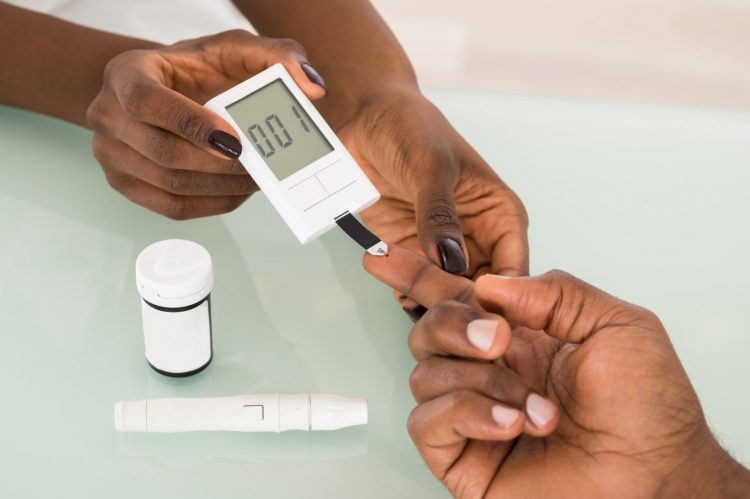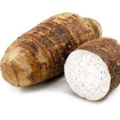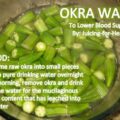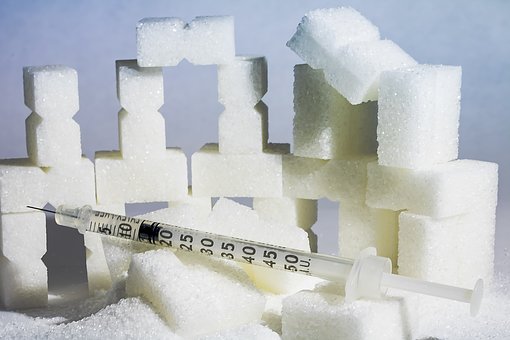Egusi also known as wild watermelon, Ibara, Egusi melon, Agushi and Agusi belongs to the family of watermelon. It is native to Central and West Africa. It is also cultivated in countries such as Northern Namibia, Nigeria, Sierra Leon and Ghana. The seeds are a great source of protein and fat. Egusi seeds are comprised of 50% oil, 78% of which is an unsaturated fatty acid, and 35% protein.
The seeds are rich in vitamin A which helps form and maintain healthy teeth and bones. It has vitamins B1 and B2 which are important for body growth and the production of red blood cells. Vitamin C, which helps the body absorb iron and maintain healthy tissue, is also found in the seeds. It also has Niacin, which helps maintain healthy skin. They are also a great meat substitute because of their high protein. A very rich, but expensive vegetable oil is also produced from this seed.
Is Egusi Good For Diabetes?
Diabetes mellitus, commonly known as diabetes, is a metabolic disease that causes high blood sugar. The hormone insulin moves sugar from the blood into your cells to be stored or used for energy. With diabetes, your body either doesn’t make enough insulin or can’t effectively use the insulin it does make. There are some benefits a diabetic can get from eating egusi soup they include;
Increased insulin sensitivity
Egusi seeds are comprised of 50% oil, 78% of which is an unsaturated fatty acid. Research has consistently shown that eating foods that contain monounsaturated fat can improve your blood cholesterol level and decrease your risk of cardiovascular disease. Taken together, the evidence suggests that replacing saturated fats and trans fatty acids with unsaturated (polyunsaturated and/or monounsaturated) fats has beneficial effects on insulin sensitivity and is likely to reduce risk of type 2 diabetes.
Prevent Diabetic complications
Over time, high blood glucose can damage the body’s blood vessels, both tiny and large. Damage to your tiny blood vessels causes microvascular complications; damage to your large vessels causes macrovascular complications. You have small blood vessels that can be damaged by consistently high blood glucose over time. A 2011 animal study found that pumpkin seeds, together with linseed, may be helpful in preventing diabetic complications, such as high cholesterol and blood sugar levels. Yet another study suggests that the chemicals within pumpkins such as the fruit pulp, oil from ungerminated seeds, and protein from germinated seeds have hypoglycemic properties. Preliminary investigation showed that the pumpkin seeds, and the macromolecules, therein, such as Trigonelline (TRG), Nicotinic acid (NA), and D-chiro-inositol (DCI), have hypoglycemic properties. This can help in maintaining glycemic control. This would be of benefit to persons, especially pre-diabetic and diabetic persons.
Improved Cell Function
Oxidative stress is produced under diabetic conditions and possibly causes various forms of tissue damage in patients with diabetes. A study on the subject matter concluded that antioxidant treatment can exert beneficial effects in diabetes, with preservation of in vivo beta-cell function. In addition to the zinc and iron in pumpkin seeds which are both vital for immune function, pumpkin seeds possess anti-fungal and anti-viral properties. Egusi seeds contain antioxidants like carotenoids and vitamin C and E. Studies have shown that these antioxidants are effective in reducing diabetic complications, indicating that it may be beneficial either by ingestion of natural antioxidants or through dietary supplementation.
Decreased Level of Urinary Albumin
Egusi is a good source of Vitamins B1 and B2. Vitamin B1 – or thiamine – has long been associated with human health, including the maintenance of a healthy nervous system and improvement of cardiovascular function in the body. Scientific studies have highlighted that vitamin B1 can also help to support individuals with diabetes.
A clinical trial was carried out in 2009 to substantiate the link between vitamin B1 in the treatment of type 2 diabetes. The aim of the pilot study was to assess the effectiveness of thiamine oral supplements in the reversal of microalbuminuria – where albumin protein passes through the kidneys into urine – in patients with type 2 diabetes. The primary endpoint of the trial was a change in urinary albumin excretion (UAE). Other markers of renal and vascular dysfunction and plasma concentrations of thiamine were determined.
According to the results of the clinical trial, levels of UAE decreased in the patients receiving thiamine treatment for three months (median −17.7 mg/24 h; p < 0.001, n = 20). It was significantly lower than the patients receiving placebo for three months, although not at baseline.
Conclusion
Egusi posses numerous benefits for diabetics, to fully maximize these benefits, diabetics must avoid swallows with high glycemic index and opt for healthier options like oatmeal swallows. It should also be noted that making egusi meals with bitter leaf significantly increases the benefits of the meal for diabetics because of the far reaching benefits of bitter leaf for diabetics. Read: How to Use Bitter Leaf For Natural Diabetes Treatment







